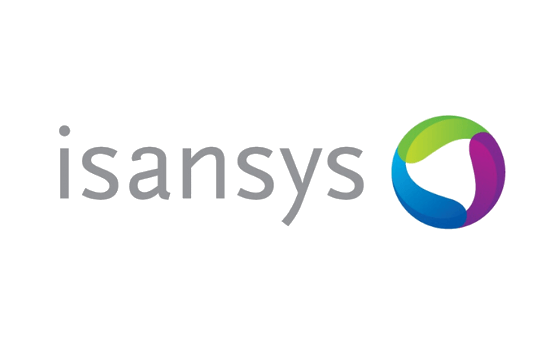 Isansys Lifecare is proud to announce it has been shortlisted in the Most Transformative Digital Healthcare Company category at the OBN Annual Awards 2019. The award recognises the significant uptake of the technology by healthcare providers and the real impact Isansys' technology is having on patients and hospitals globally.
Isansys Lifecare is proud to announce it has been shortlisted in the Most Transformative Digital Healthcare Company category at the OBN Annual Awards 2019. The award recognises the significant uptake of the technology by healthcare providers and the real impact Isansys' technology is having on patients and hospitals globally.
Isansys Lifecare in Oxford has designed and developed the Patient Status Engine (PSE), the most advanced all-wireless patient monitoring system platform currently available. The PSE automates the basic process of taking patient observations, enabling the efficient collection of high quality, continuous, real-time vital sign data which is then used to build predictive indicators to help make better clinical decisions. The technology enables timely interventions that enhance the care and safety of patients, and, by providing robust and accurate physiological data, it has proved itself to be a new and powerful clinical system that is currently being adopted by an increasing number of healthcare providers globally.
OBN, a not-for-profit business network, provides support for innovative life science companies, corporate partners and investors in the UK. This year marks the 11th anniversary of their annual awards, which celebrate and recognise achievement in the industry.
Keith Errey, CEO of Isansys, says: "It is really pleasing as we come into our tenth year that we can say that we are established as the world's leading supplier of wireless physiological data monitoring systems. After all this time we can see healthcare providers starting to adopt the PSE as a new standard for in-ward and out-of-hospital monitoring and so bring the benefits of data-driven safer care to a greater number of patients.
"Our digital healthcare technology is delivering huge efficiencies to healthcare providers globally, improving patient outcomes and preventing avoidable deaths in the context of the immediate global healthcare crisis. We have seen the transformative effect of the technology in countries as diverse as Scandinavia and India, and we would hope the NHS can also benefit from this in the near future."
The winners will be announced on Thursday 7th of November at The Examination Schools of the University of Oxford.
About Isansys Lifecare Ltd
Isansys is a best in class digital healthcare company with an innovative patient monitoring platform, streamlining patient observations and enabling the early detection of deterioration in patients. With adequate warning of adverse events, clinicians can intervene more quickly and confidently, and patient outcomes can be improved. The Patient Status Engine (PSE), Isansys' proprietary technology platform, is a complete end-to-end, fully certified Class IIa CE-marked and class II 510(k) cleared medical device which uses wireless body-worn sensors to automatically collect and analyse vital signs continuously and in real-time using proprietary algorithms. This data is then streamed via a patient gateway network and delivered to the nurses' station or remotely to clinicians.Clinical teams globally are using the data collected and analysed by the PSE to gain insights into the future health status of their patients, which is achieved through data-driven methods such as predictive algorithms, the automatic calculation of Early Warning Scores, and new physiologically based biomarkers. These enable clinicians and nurses to improve patient outcomes and reduce the costs of hospital stays and facilitate proactive care. The wireless nature of the PSE also means patients can be monitored in hospitals, in the community or at home.
Isansys a privately held company based in Abingdon, Oxfordshire, England.